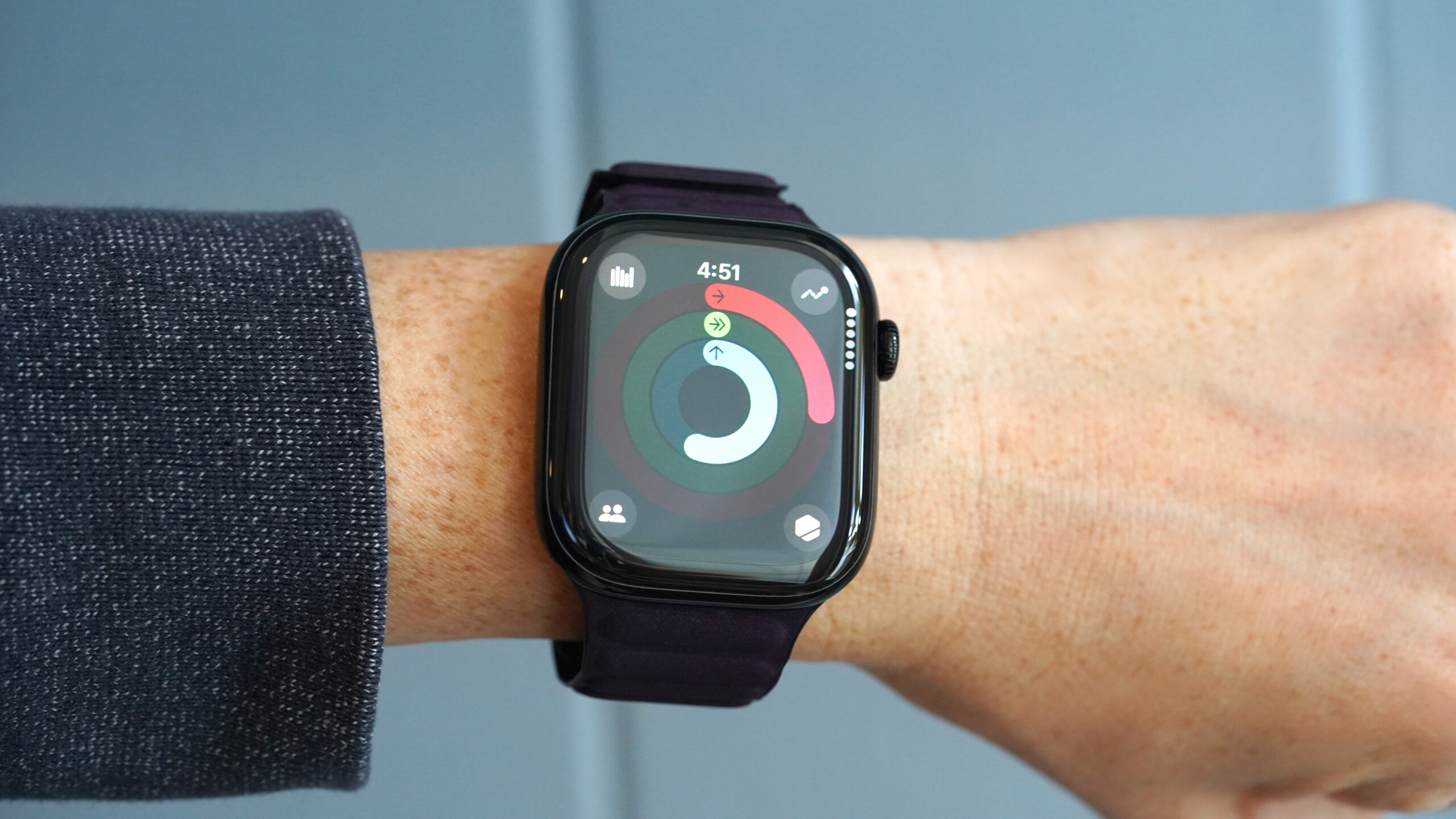Medical Affairs Strategies Boost Medtech Healthcare Solutions
Discover how medical affairs strategies are driving medtech innovation, from robotic surgery to smart implants. Learn how aligning clinical evidence with market demands is transforming healthcare solutions.
A New Frontier in Healthcare
Medical affairs strategies are stepping into the spotlight as key drivers of medtech healthcare solutions. With advancements like robotic surgery systems and smart implants gaining momentum, the need for strategic oversight has never been greater. Medical affairs teams are uniquely positioned to ensure these innovations succeed by aligning clinical evidence with market demands. This article explores how these strategies are propelling medtech forward, creating a healthcare landscape where technology meets practicality with remarkable results.

Evolving Medical Affairs Strategies
Historically, medical affairs strategies focused on pharmaceuticals, translating trial data into actionable insights for stakeholders. In the medtech space, their role is broader and more complex. Medtech healthcare solutions—like advanced imaging devices or wearable monitors—require demonstrating tangible value to a diverse audience: surgeons who use them, administrators who fund them, and insurers who reimburse them. Medical affairs teams excel here by synthesizing clinical data, real-world evidence, and economic analyses into compelling narratives. These efforts ensure that a device’s benefits, such as reduced recovery times or lower complication rates, are clear and convincing to all parties involved.
The Impact of Medtech Healthcare Solutions
Medtech healthcare solutions are at the forefront of medical innovation, offering tools that enhance precision and efficiency. Consider a robotic-assisted surgical system: it allows for smaller incisions and faster healing compared to traditional methods. Yet, its success depends on adoption, which hinges on more than just engineering brilliance. Medical affairs strategies play a critical role by educating healthcare providers on how these tools improve patient outcomes while also addressing cost concerns for hospitals. By bridging the gap between invention and implementation, they ensure that medtech delivers on its promise of transforming care delivery.
Fostering Adoption Through Collaboration
The synergy between medical affairs strategies and medtech healthcare solutions lies in collaboration. Medical affairs teams work closely with R&D to refine products based on clinician feedback, ensuring they meet real-world needs. Simultaneously, they develop training programs and evidence-based materials to support healthcare providers adopting these technologies. For example, a new diagnostic device might come with a detailed dossier proving its accuracy, crafted by medical affairs to satisfy payer requirements. This dual approach accelerates market entry and builds confidence among users, paving the way for widespread acceptance and impact.
A Vision for the Future
Looking forward, medical affairs strategies will continue to shape the trajectory of medtech healthcare solutions. As technologies like AI diagnostics and 3D-printed implants emerge, the need for strategic guidance will grow. Medical affairs teams will lead the charge, ensuring that these innovations are not only groundbreaking but also practical and accessible. By fostering partnerships across the healthcare ecosystem, they’ll drive a future where medtech solutions are seamlessly integrated into everyday practice, delivering better care and brighter outcomes for patients worldwide.
What's Your Reaction?
 Like
0
Like
0
 Dislike
0
Dislike
0
 Love
0
Love
0
 Funny
0
Funny
0
 Angry
0
Angry
0
 Sad
0
Sad
0
 Wow
0
Wow
0


















































